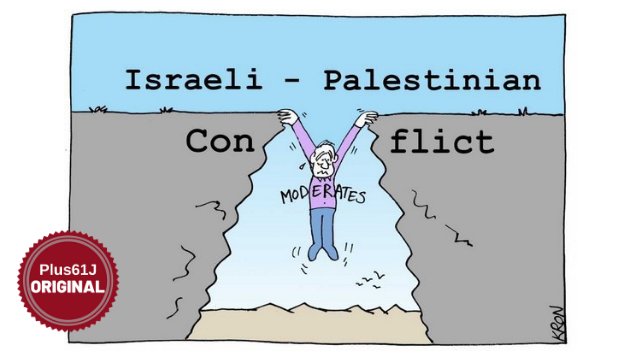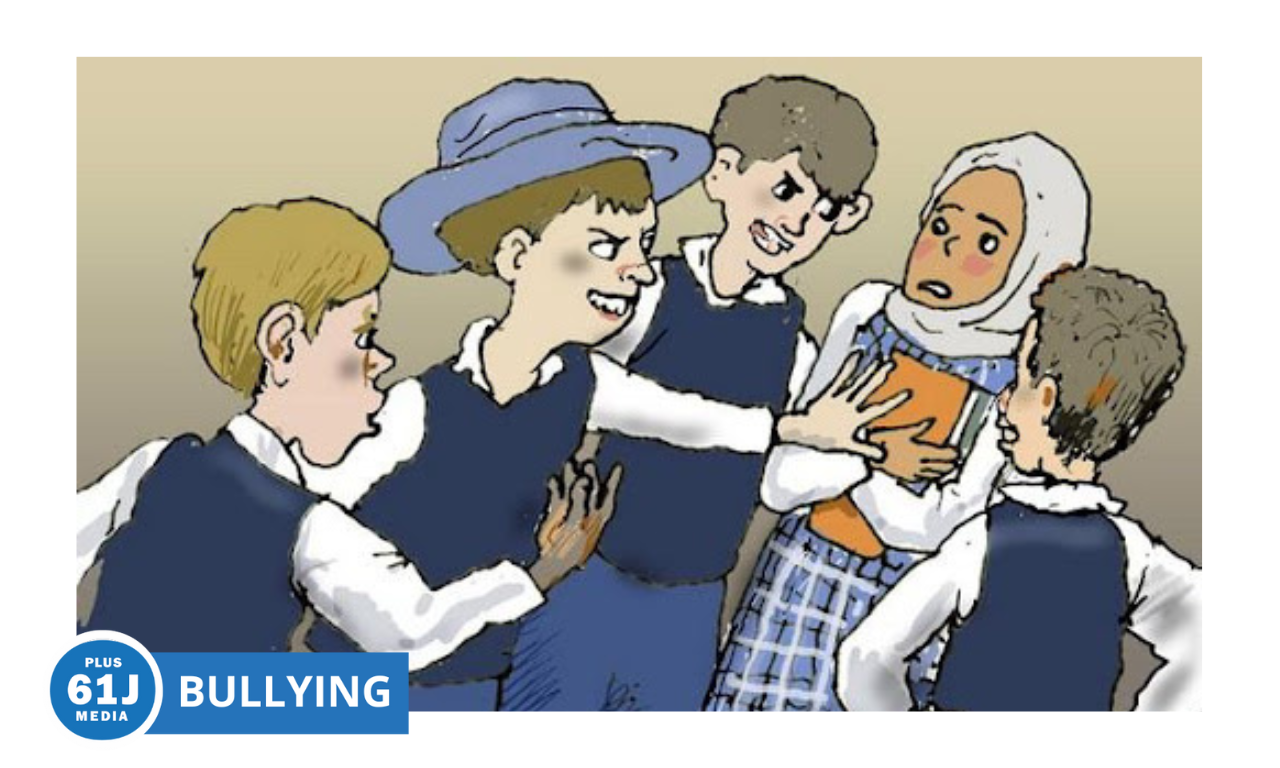Published: 15 April 2019
Last updated: 4 March 2024
Years later I would write that one of the easiest things to find in Israel is an argument, an observation that owed much to that party.
How could it be otherwise? The very creation of the modern state of Israel is a story of vision, idealism, hope, achievement, despair, double-standards, exclusivity, deceit, greed, absolutism, genocide, betrayal, cynicism, inhumanity, myopia, and more.
Too often, the default is to present this story in linear terms: heroes to one side, villains to the other. The honest, hardest, thing to do, is to acknowledge that there’s good and bad, hero and villain, on both sides and to fend off the bullies who argue that it’s a zero-sum game. Such absolutism condemns one of the two sides to an unconscionable fate.
Those of us who try to chart a middle course leave ourselves open to criticism from both sides. Uncomfortable as that can be, it suggests we’re getting it about right. We should, for example, condemn Israeli settlement policies because they make a mockery of Israel’s claim to be democratic model for the region, seeking to live in peace with its neighbours.
My Israel right or wrong, my Palestine right or wrong is as ignorant and foolish as my Australia right or wrong. To allow such zealotry to control the discussion simply means there won’t be any. Governments do stupid things and should be called out.
Similarly, we should acknowledge that a fully-fledged Palestinian right of return clearly signals that Palestinians are not willing to live alongside a predominantly Jewish state. The logic and emotive power of a Palestinian right of return is readily apparent. But, bluntly put, can we really expect Israel to commit identity suicide?
In 2004, my book on the Israeli-Palestinian conflict, Herzl’s Nightmare – one land, two peoples, was published. Here is an extract from the last chapter of the Australian edition:
"Can there be two peoples anywhere more absorbed with their own rightness—their own ‘question’—so consumed by their own myths, so dismissive of the other, so constant in demonising their neighbour and delegitimising their cause, so stubborn in their denial of a common destiny. Israelis and Palestinians are both victims—of history and of each other’s physical aggression and absolutist mentality.
"They are locked tight in a world where they see only the slivers of glass under their own skin, never the wounds of another people who have been wronged and cheated and hurt, and who must somehow be accommodated, even at the risk of limiting their own dreams."
The US edition, published in 2005 after Yasser Arafat’s death, concluded as follows:
"Israelis and Palestinians struggle to bring themselves to accept, openly and unequivocally, the legitimacy of the other’s minimal requirements. They struggle to renounce their competing dreams—either a land freed of Jews or freed of Palestinians … They accept the principle of peacemaking but not the compromises, physical and mental, needed to achieve this, always conveniently blaming the other."
The reaction to Herzl’s nightmare was instructive. An Australian supporter of the Palestinian cause berated me as a “gullible” outsider who had fallen into the trap of “treating Palestinian and Israeli claims as equivalent”. Meanwhile, a reviewer in the Australian Jewish News deemed me a fellow traveller with Hamas and Islamic Jihad. A conservative Jewish community figure wrote in the Australian Book Review that the book was “a skewed anti-Israeli diatribe”.
Such absurd commentary is a badge of honour. My Israel right or wrong, my Palestine right or wrong is as ignorant and foolish as my Australia right or wrong. To allow such zealotry to control the discussion simply means there won’t be any. Governments do stupid things and should be called out.
There are anti-Semitic critics of Israel, just as there are racist critics of the Palestinians. But automatically equating criticism of Israeli policy or actions with hatred of Israel or, worse, anti-Semitism, is a cheap trick. It ignores the intense debate that goes on within Israel itself. Do those who rightly deplore Australia’s asylum-seeker policy hate the country as a whole? I doubt it.
There are anti-Semitic critics of Israel, just as there are racist critics of the Palestinians. But automatically equating criticism of Israeli policy or actions with hatred of Israel or, worse, anti-Semitism, is a cheap trick. Do those who rightly deplore Australia’s asylum-seeker policy hate the country as a whole? I doubt it.
Those of us who see ourselves as moderates and who supported a two-state solution face a dilemma. Where do we go now? Even the most optimistic must concede that the idea of Israelis and Palestinians living separately alongside one another in a reasonable degree of harmony is dead, overwhelmed by the weight of the past and the implacability of the present. It needed champions and what few champions there were have fallen by the wayside.
Increasingly, the debate is being pulled towards a one-state solution. In theory, that offers the prospect of a democratic, multicultural society in which Palestinians would, eventually, become the majority. In practice, it most likely means the denial of democratic rights or the expulsion of enough Palestinians to ensure a continuing Jewish majority within an expanded Israel.
Unless we are romantic enough to believe that Palestinians can overcome their deep internal schisms and that Jew and Muslim—Israeli and Palestinian—can see the other as an equal, not a competitor, a one-state “solution” will remain a fiction. For it to work as a democratic, multicultural entity, the mental and physical tribalism that defines the conflict would need to evaporate.
Those of us who believe that there is be a place in the “Holy Land” for Israeli and Palestinian should continue to make our voices heard. But we shouldn’t be under any illusions. The past 70-plus years have largely been about controlling or getting rid of another people, not accepting that they have a legitimate place on the landscape. Tragically, there’s little reason to think the next 70 years will be any different.
Illustration: John Kron




